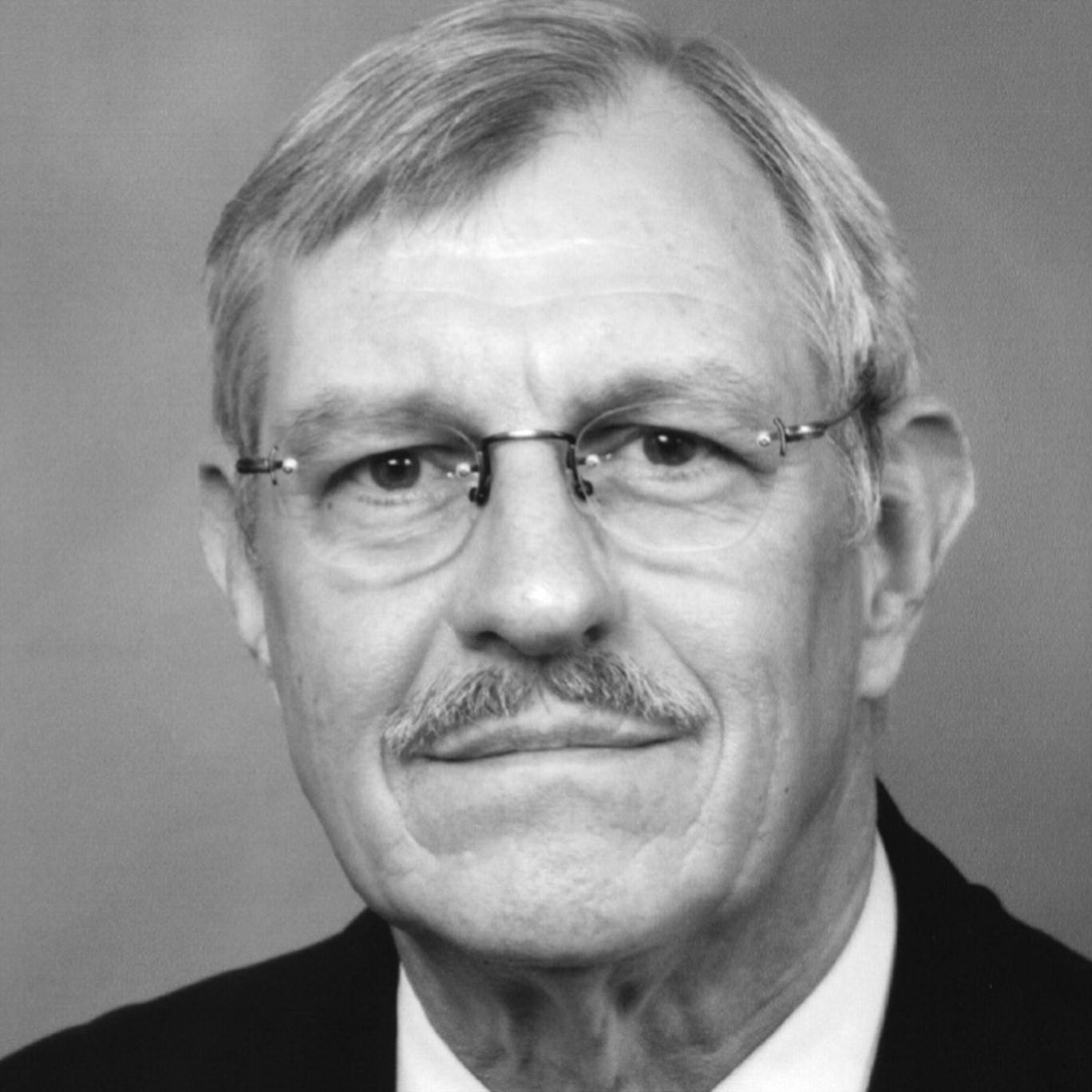Candidates for Area 3 Trustee: John Urbaitis, M.D.

Sinai Hospital of Baltimore: Medical Director, Ambulatory Psychiatry, 2001-; Chief of Psychiatry, 1992-97; Associate Chief of Psychiatry, 1977-92 ♦ APA: Area 3 Trustee, 2007-; Steering Committee on Practice Guidelines; Task Force on DSM-IV; Elections Committee ♦ APA Assembly, 1983-99 and 2001-07 ♦ Area Representative, Assembly Committee on Planning ♦ American Association of Community Psychiatrists: Member, 1984-, Board of Trustees, 1990-92
I am a facilitator
I will strive to help diverse parties find common ground to benefit our patients, our communities, and our profession.
In Maryland, I cofounded the Council of Community Mental Health Centers and the Maryland Interprofessional Council. I served twice on the Board of the Baltimore Mental Health Association and convened the Maryland Consortium on Mental Health, an alliance of professional, consumer, and advocacy organizations.
I have worked to bring allied organizations into the Assembly and achieved Assembly and APA approval of Guidelines for Psychiatric Practice in Community Mental Health Centers while working with the Association for Community Psychiatry. I also authored the action paper on CPT coding that led to APA's current vigorous involvement in the CPT process, leading to better reimbursement for our services.
I will keep listening and working, so we can do more for our patients and our communities.
I will advocate for patients
Working at the front lines in a general hospital, I know that people with troubling illness need ready access to appropriate treatment resources. We must assure distribution of well-trained psychiatrists throughout the nation. We must also strive to protect against barriers to good care, such as stigma, arbitrary reviews that delay treatment, and lack of parity. All of us need to educate our professional and political leaders. The public and even our medical colleagues in emergency medicine and primary care often do not realize how many barriers there are to urgent psychiatric treatment for those who need it most. We must strive to right this wrong.
Creating opportunities for members
APA can make its expertise and resources available at the state and community levels. We need to promote better communication between APA and district branches. As a former DB officer, I know the system and the players. APA and local psychiatrists can work together to educate the public, leaders, and policymakers about scope of practice, demonstrating the need for trained psychiatrists to provide the powerful remedies our science has developed.
APA needs to reach out more actively to younger members, IMGs, women, minorities, and those working in public psychiatry. DBs and APA need input from the full spectrum of our members on committees and other components. I will encourage appointment of diverse new people at all levels.
APA must deliver value to members in return for their dues and voluntary work on its behalf. APA has been revising its organization and services to address its strategic goals. This task requires budget shifts. As director of a large and successful CMHC and as a hospital chief of psychiatry for five years, I know how to analyze and negotiate budgets.
Patients and psychiatrists need support for their work
We need adequate time to effectively practice our healing application of science and art. The outrageous demands of outside agencies and for-profit businesses have created an imbalance, indeed a boundary violation.
Loss of protected privacy has led to loss of trust, another boundary violation. Private and government agencies pry into patient records in the name of assuring effective, efficiently delivered care, or guarding against fraud. People who trust the privacy of their treatment need appropriate protection.
APA has the access and expertise to combat these intrusions. APA members need the leadership of Board members with major clinical responsibilities to maintain the focus on advocating for our patients.
Primary Professional Activities and Sources of Income
Professional Activities
100%—Staff psychiatrist at Sinai Hospital of Baltimore
85%—Clinical care
10%—Administrative
5%—Teaching
Income
100%—LifeBridge Health, Baltimore, Md.



